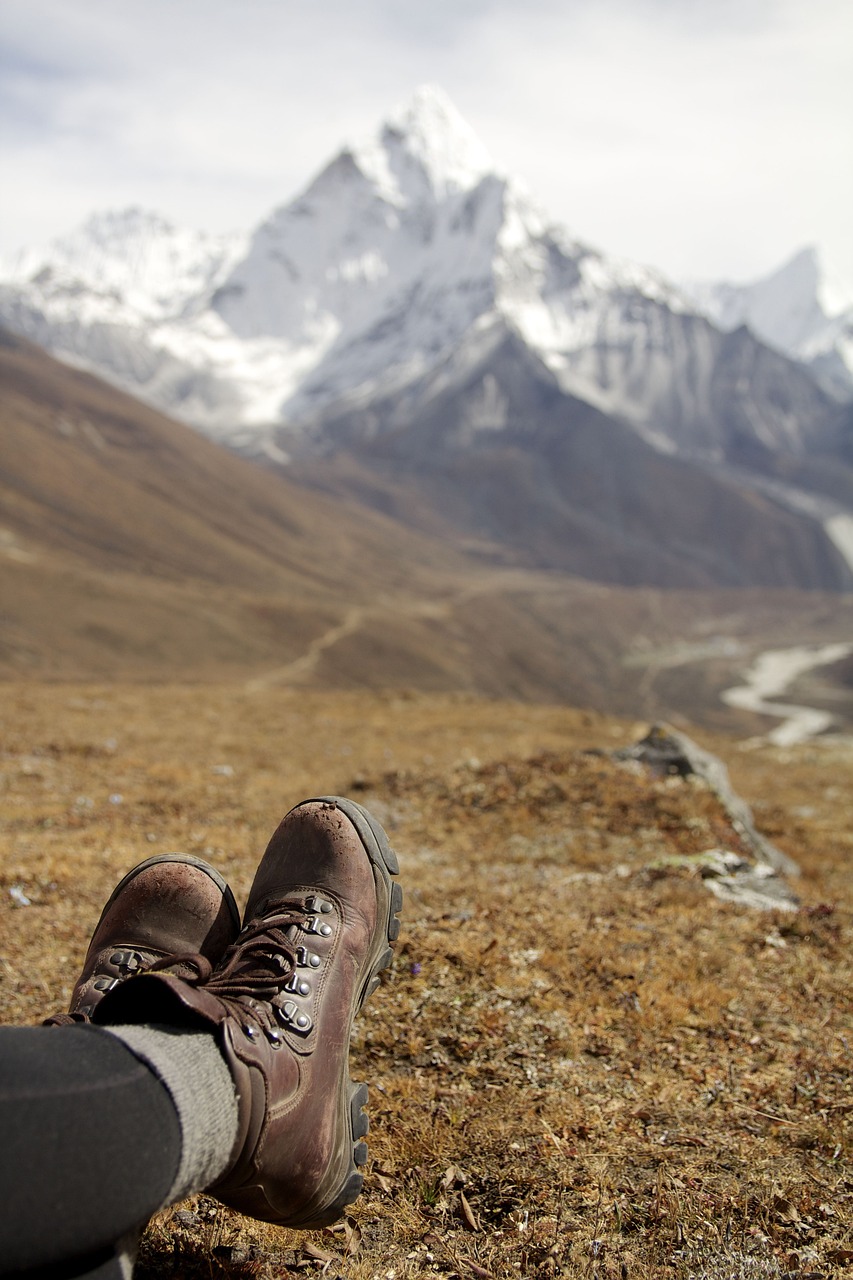How small pauses can restore your energy and clarity.

Last Tuesday, after a particularly hectic morning, I stepped outside with a cup of tea. The air was cool, the leaves rustled gently, and a bird called somewhere nearby. I realized that for hours, I had been moving through the day on autopilot, missing these small miracles. That moment reminded me that calm isn’t something we wait for — it’s something we can invite, one pause at a time.
Here are few ways I’m practicing calm in my busy life:
Life doesn’t slow down for us, but we can choose moments of stillness. Each pause is a gift to ourselves, a chance to reset, notice, and breathe. If this post resonated, you might enjoy the next video in the series: “Creating Calm Habits for a Chaotic Life.”
Each Sunday, I share a quiet reflection — a moment of stillness, a story from nature, or a small invitation to pause.
It’s a ritual of returning: to ourselves, to the earth, and to wonder.
Sign up to receive your letter from the Sit Spot — a breath of calm in your inbox.

Henry David Thoreau wore many hats in his life: writer, social reformer, thinker, Trancendentalist, naturalist, teacher, surveyor, walker, lecturer and more. Thoreau’s 1849 essay “Civil Disobedience” helped inspire Martin Luther King Jr. and Gandhi over a hundred years later in their non-violent fights against oppression, inequality and injustice. Simple living, self sufficiency, self-examination, a deep connection with nature, and an unshakeable belief in individual identity over adhering to the norms of society are core principles expressed over and over again in Thoreau’s works.
Over the years, Thoreau has become highly regarded for being ahead of this time for championing the natural world, advocating for conservation, and promoting environmental consciousness. For anyone interested in reading about how to foster a closer relationship with nature, Walden comes up frequently as a good place to start.
I first read Thoreau as an American high schooler in the early 2000s but have found myself re-reading Walden and essays like “Walking” for clarity and perspective. Thoreau spent as much time as possible outdoors: walking for many hours in the day, climbing mountains. Nature was medicine for him, a space to recharge and reconnect with himself as well as a more authentic way of living, compared to the capitalistic culture arising around him.
From 1845-1847, Thoreau went to live in Walden Pond, just outside of Concord, Massachusetts as an experiment in self-sufficiency, but also to explore the bigger questions in life: what is his purpose here; how should he live; how should be interact with his neighbours and his community more broadly; what laws matter more: society’s or personal conscience? By going into the woods, Thoreau was finding a way to live.
“Walking” is one of Thoreau’s most significant essays. In it, he argues that we should live in the present moment, be curious about the world around us and especially to what’s local to us, and above all else, to enjoy walking as a pilgrimage into nature and wilderness.
If you’d like to find out more about Thoreau’s life in Walden, and his relationship with nature, here are some further resources: